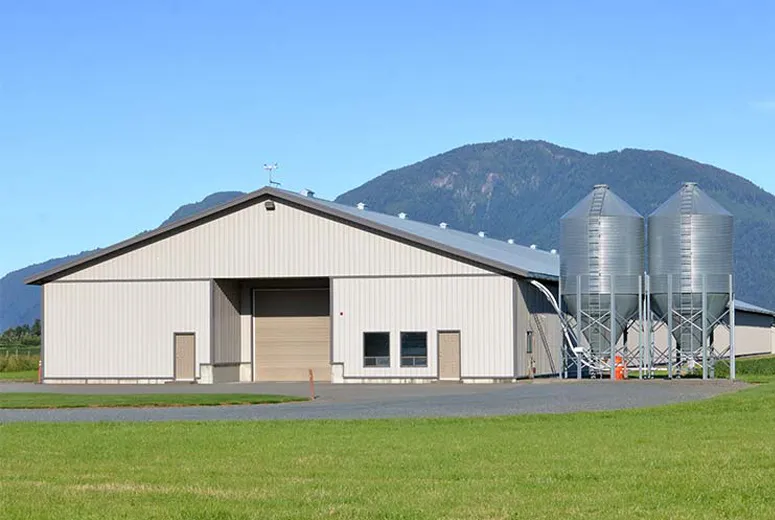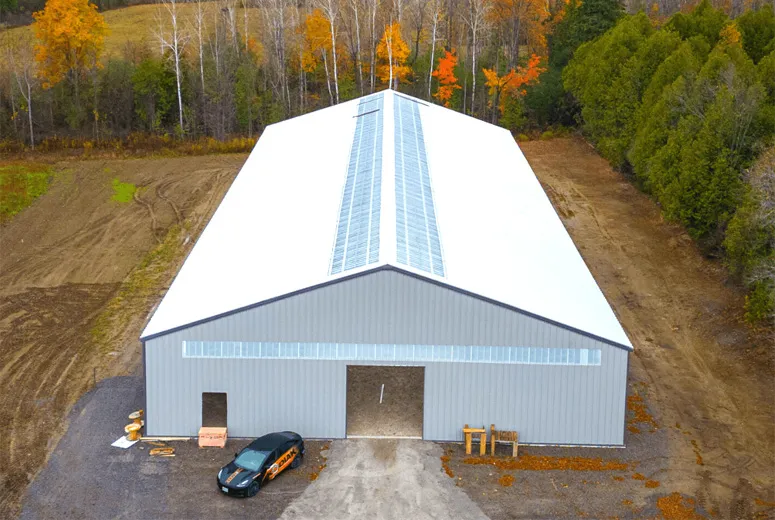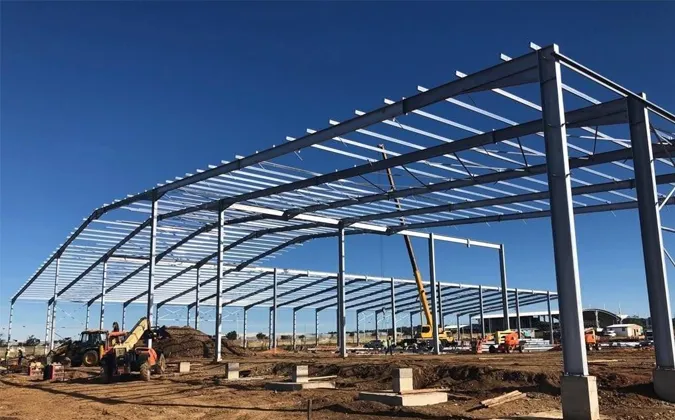Jul . 05, 2025 06:40 Back to list
- Introduction to steel buildings
, their growing demand, and core advantages - Key technical strengths of steel solutions for modern construction
- Cost analysis for steel arch buildings and main pricing factors
- Comparative view among major steel building manufacturers
- Customized steel solutions: Tailoring structures for industry needs
- Application case studies: Real-world deployments and success stories
- Conclusion: Why steel buildings remain a strong market choice
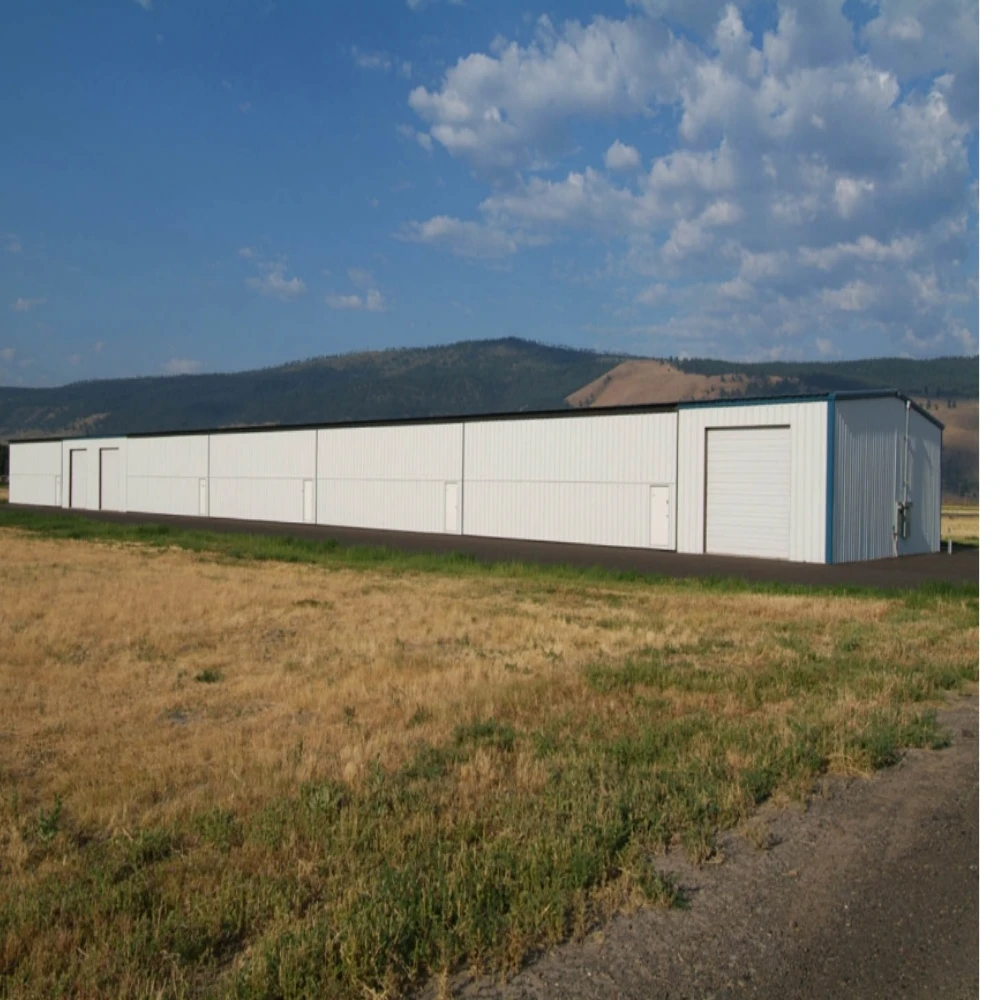
(steel buildings)
Unveiling the Potential of Steel Buildings in Modern Construction
The evolution of construction technology has heightened the focus on durable, sustainable, and efficient structural solutions, with steel buildings emerging as a game-changing innovation worldwide. According to the World Steel Association, global steel production surpassed 1.9 billion metric tons in 2022, and over 31% of all new commercial structures now utilize core steel frameworks. This surge is attributed to steel's exceptional combination of strength-to-weight ratio, design flexibility, and sustainability. As metropolitan areas expand and industrial demands intensify, steel solutions for buildings are being increasingly adopted for factories, warehouses, educational facilities, and even residential developments. The pivotal role of steel structures in supporting rapid urbanization, and their ability to combine longevity with environmental responsibility, place them at the forefront of construction trends.
In-depth Technical Advantages of Steel Solutions for Buildings
Steel buildings offer unrivaled technical merits that go far beyond traditional methodology. Firstly, steel boasts a tensile strength exceeding 400 MPa, making it an ideal solution for wide-span and high-rise construction. It is non-combustible and resilient against pests, rot, and severe weather events—qualities that are crucial under increasingly volatile climatic conditions. Steel buildings are up to 30% lighter than comparable concrete structures, reducing foundation costs and construction time. Prefabricated components enable precision engineering, slashing on-site labor by as much as 40% and reducing waste. Additionally, steel's inherent recyclability — with over 98% of steel buildings’ content being recyclable at end of life — elevates its appeal in the era of green building regulations. Moreover, the speed of modular steel assembly allows for turnkey delivery in timelines up to 50% faster than traditional methods, a decisive advantage for fast-track projects.
Demystifying the Cost of Steel Arch Buildings
Steel arch buildings have gained acclaim for their efficiency and distinctive aesthetics, but stakeholders often seek clarity regarding cost structures. The average market rate for a basic steel arch warehouse in North America ranges from $40 to $70 per square foot, depending on specification and region. Key cost influencers encompass the grade of steel, protective coatings, customization levels, labor costs, and geographic logistics. In particular, energy-efficient coatings and insulation solutions can raise upfront expenses by roughly 8%–12%, while substantially lowering operational energy expenditures over the building's lifespan. For large-scale facilities (>20,000 sq. ft.), economies of scale typically yield per-square-foot savings of up to 15%. Ultimately, a well-designed steel arch building delivers not only a competitive initial investment compared to concrete or timber but also significantly reduced maintenance costs—estimated at 20–40% lower annually than wood-frame alternatives.
Comparing Leading Manufacturers of Steel Buildings
Choosing the right supplier is paramount to ensure quality, schedule adherence, and post-sale support. Below is a comparative overview of prominent steel building manufacturers based on crucial criteria, such as delivery speed, design versatility, warranty and certifications:
| Manufacturer | Delivery Time | Max Span (ft) | Customization Level | Base Warranty (years) | LEED/ISO Certification |
|---|---|---|---|---|---|
| ABC Steel Structures | 4–7 weeks | 250 | Full custom design, multi-story | 40 | LEED Gold, ISO 9001 |
| SteelMaster Buildings | 2–4 weeks | 150 | Modular kits, some parametric custom | 30 | LEED Silver, ISO 14001 |
| RHINO Steel Building Systems | 3–6 weeks | 200 | Tailored length/width options, colour | 35 | LEED Silver, ISO 9001 |
| General Steel Corporation | 4–8 weeks | 275 | High-level custom, complex commercial | 50 | LEED Platinum, ISO 9001/14001 |
This comparison highlights essential differences. While all manufacturers provide robust solutions, those requiring unique architectures or rapid deployment should weigh customization capacity against lead times and certifications.
Tailoring Steel Solutions: Design Flexibility and Customization
One of the greatest strengths of modern steel buildings lies in their flexibility to accommodate diverse requirements, ranging from minimalist industrial sheds to architecturally bold commercial complexes. Advanced computer-aided design allows for precise tailoring of width, length, roof pitch, and even facade integration within strict zoning codes. Structural features such as clear-span interiors (up to 300 ft without intermediary supports), integrated mezzanines, and pre-engineered add-ons (canopies, doors, windows) empower businesses to optimize workflows and space utilization. Additionally, acoustic and thermal control systems can be seamlessly embedded, supporting compliance with stringent energy efficiency targets and occupational comfort standards. Leading steel solutions incorporate BIM (Building Information Modeling), which minimizes errors and maximizes integration with other site infrastructure. The ability to pre-select finishes and functional upgrades prior to fabrication minimizes lead times and ensures the delivered structure is work-ready, resulting in cost savings and a reduced environmental footprint.
Application Case Studies: Steel Buildings in Action
Recent projects across the globe underscore the transformative capabilities of steel buildings. For example, a logistics center in Houston, Texas, spanning 160,000 sq. ft. was completed in under five months using modular steel frames, coupled with a maintenance-free coated finish that resulted in over $650,000 saved on projected lifecycle maintenance. In Sydney, Australia, a new public sports complex leveraged a steel arch design to achieve a 50-meter clear-span, providing unobstructed activity space while halving traditional construction timelines. Another compelling case is a UK-based cold storage facility which, after upgrading to a steel-framed system with high-efficiency panel insulation, reported annual energy cost reductions of 32% and improved temperature control to ±1°C—a critical operational advantage in temperature-sensitive industries. These applications show that steel solutions for buildings are not only structurally robust but also pivotal in driving operational excellence and sustainability for a wide spectrum of users.
Steel Buildings: The Enduring Choice for Efficiency and Sustainability
As modern construction continues to prioritize speed, adaptability, and low environmental impact, steel buildings remain the unequivocal choice for developers and businesses seeking future-proof investments. Their rapid assembly, structural resilience, and highly customizable nature ensure that projects are delivered on-budget, on-time, and in full compliance with evolving energy and safety regulations. With steel arch buildings costs becoming increasingly competitive—particularly when factoring in lifecycle savings and flexibility of expansion—the long-term case for adopting these solutions is compelling. The capacity to meet large-scale demands with precision, while upholding environmental stewardship through responsible sourcing and recyclability, cements steel buildings as a cornerstone of sustainable development.
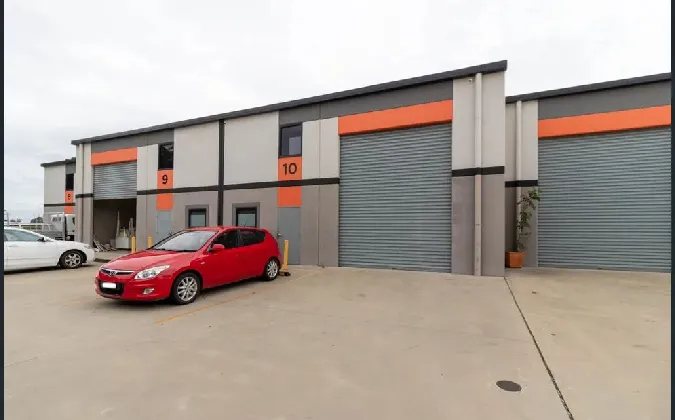
(steel buildings)
FAQS on steel buildings
Q: What are the benefits of choosing steel buildings over traditional structures?
A: Steel buildings offer enhanced durability, quicker construction times, and lower maintenance costs compared to traditional methods. They are also more resistant to pests and fire.Q: How do steel solutions steel buildings accommodate custom design needs?
A: Steel solutions steel buildings are highly customizable, allowing for various shapes, sizes, and features to suit specific requirements. This flexibility ensures your building meets both functional and aesthetic preferences.Q: What factors affect the price of steel arch buildings?
A: The cost of steel arch buildings depends on size, location, design complexity, and material quality. Additional features and customization can also influence the final price.Q: How long does it take to construct a standard steel building?
A: Most steel buildings can be constructed in a few weeks, significantly faster than traditional building projects. This rapid assembly is due to pre-engineered components.Q: Are steel buildings energy efficient?
A: Yes, steel buildings can be designed with insulation and energy-saving features to reduce heating and cooling costs. Proper planning can result in a highly efficient building envelope.-
Bolted Connections in Steel Frame Warehouse
NewsNov.17,2025
-
Hay Storage in Farm Metal Buildings
NewsNov.17,2025
-
Advantages of a Steel Portal Frame Shed
NewsNov.17,2025
-
The Erection Process of a Steel Building Hangar
NewsNov.17,2025
-
Energy Efficiency of Steel Dome Garage Kits
NewsNov.17,2025
-
Fire Resistance of Kit Metal Garages
NewsNov.17,2025
Products categories
Our Latest News
We have a professional design team and an excellent production and construction team.










